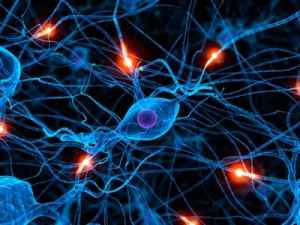

MedFriendly®


Polyneuropathy
Polyneuropathy refers to disease of the peripheral
nerves (nerves outside the brain and spine).
Polyneuropathy is typically caused by toxic or metabolic
disorders. A metabolic disorder is one in which the
ability to regulate certain bodily functions related to the
distribution of nutrients throughout the body is impaired.
Polyneuropathy mostly affects the distal nerve fibers
(fibers farther away from the center of the body, such
as the feet) and some of the proximal nerve fibers
(those close to the center of the body, like the hand).
FEATURED BOOK: Pain Free: A Revolutionary Method for Stopping Chronic Pain
Pain and paresthesias (abnormal sensations) occur in polyneuropathy. Touch and
temperature sensation is also affected. There is loss of motor functioning and reflexes as
well. Polyneuropathy generally affects both sides of the body to the same degree.
Although polyneuropathy generally affects the motor and sensory fibers to an equal
degree, it can involve one of them more that the other or only one of these fiber systems.
Motor fibers are important for movement and sensory fibers are important for sensation.
The nerve fibers become demyelinated, meaning that they lose myelin, a fatty nerve
covering that sends impulses quickly. Patients with polyneuropathy also lose axons (part
of the nerve that sends messages) because these parts of the nerve die. Polyneuropathy
tends to run in families, but can occur without genetic influences. However, it is not
caused by trauma. Polyneuropathy comes from the Greek word "poly," meaning "many,"
the word "neuron," meaning "nerve," and the word "pathos," meaning "disease." Put the
words together and you have a "disease of many nerves."
"Where Medical Information is Easy to Understand"™















